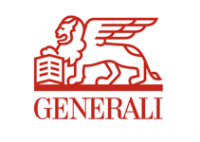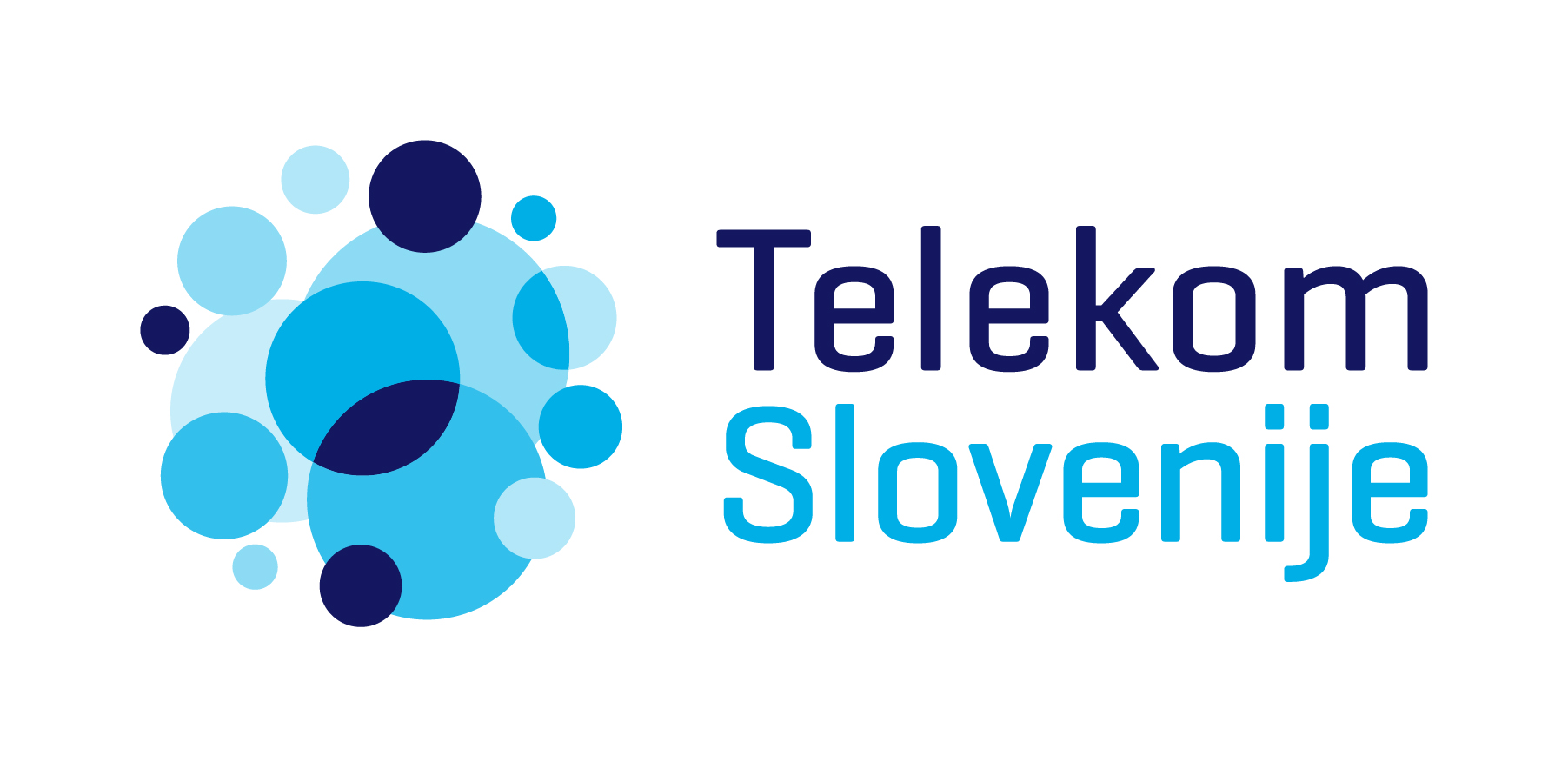Svante Randlert, Business & People Advisor
CEOs are the ones who should have the responsibility over the employer brand. Marketing and human resources departments should work together in its development and care, but the incentive and long-term support should come from top down.
If you consider the meaning of employer branding wording, it suggests a shared responsibility – HR specialists are to be responsible for development and care of employers, whereas marketing should take care of branding aspects. HR and marketing should work together as a team – HR (hopefully) knows the people, their everyday work as well as motivations, however it is marketing, which contributes the »branding« part, which is all about communicating value proposition to stakeholders – therefore marketing people know it best. BUT what is esential is that top management nominates a dedicated person responsible for employer brand. This person is to hold responsibility who continously works to establish, maintain and constantly improve the employer brand. This someone should have a significant role in the company and access to the company board. You will never have a good employer brand if your leaders, do not work with it. I see so many employer value propositions (EVP), so many branding ideas that do not get to life because managers do not believe in them and they do not practice EVP messages in their daily life. That is how a gap between reality and promise is created – you might say something, but you can not live it internally. Allignment is important: managers have to walk the talk. They are after all very strong role models for employees on all levels.
Last, but definitely not least: the most important stakeholder to cooperate in building an attractive employer brand are your employees. Employeers are the most important messangers who communicate and share information about who you are as an employer. Since the cost of recruiting mistakes are very high (on average 70.000 EUR per person in Sweden!) it is important that employees share their experiences. If you have 200 employees, that means you have 200 brand ambassadors.
It is even more important for small markets to understand the ambassadors’ mindset. Because of the fact that everyone knows everyone, you have to make sure that your people are are sending out attractive messages. Sometimes I make a joke that your employer brand is whatever your employees are saying about you after two glasses of wine. That is the same honest opinion that they share with their friends. I believe that we don’t have any B2B or B2C markets in general, every company is P2P – people to people company. It is our experience with people that influences our decision to buy a product or to use a service. So in smaller countries the P2P orientation is actually even more important. The question is how can we help our employees to talk to even more people and say the right thing? What happens if a candidate, who had a bad recruitment experience, tells 50 people on linkedin that they had a bad experience with this company? It is a disaster. That is why you have to focus on what I call the employee experience: the whole set of what an employee or a candidate noticed about the company. Every contact point with the company is your brand. Every perceived thing about your company is your brand. That is why employee branding should be the main focus especially in smaller countries like Slovenia.



